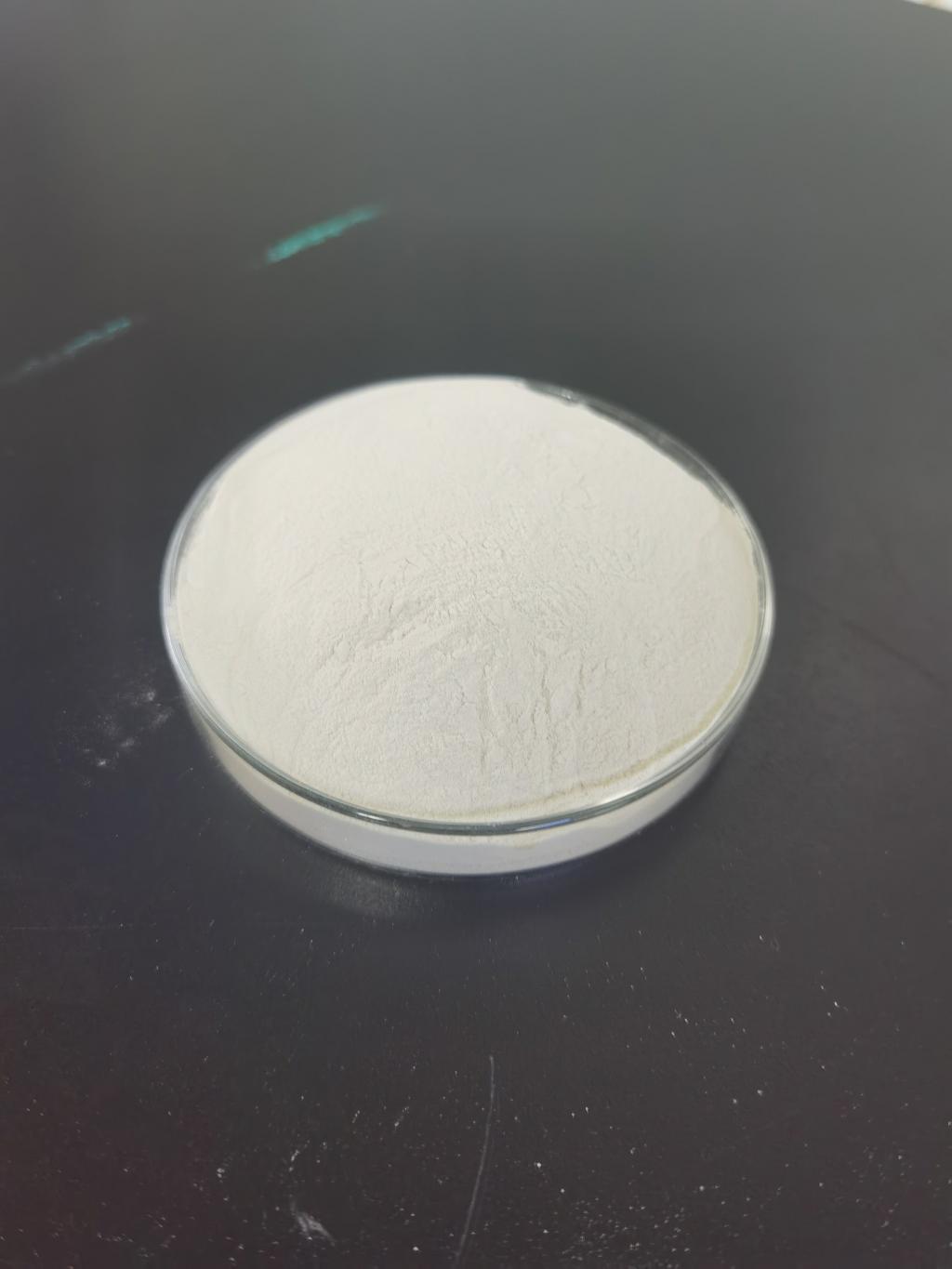Tel:+8618231198596

News
 CONTACT
CONTACT
 CONTACT
CONTACT
- Linkman:Linda Yao
- Tel: +8618231198596
- Email:linda.yao@dcpharma.cn
- Linkman:CHARLES.WANG
- Department:Overseas
- Tel: 0086 0311-85537378 0086 0311-85539701
News
Nisin's compatibility with organic and natural food products.
TIME:2024-04-26
1. Efficacy of Nisin in Organic and Natural Food Products
Nisin's effectiveness as a preservative has been well-documented in a wide range of food products, including dairy, meat, beverages, and baked goods. In organic and natural food production, where synthetic additives are restricted or prohibited, nisin offers a natural and effective alternative for controlling microbial spoilage and extending shelf life. Studies have shown that nisin can inhibit the growth of common foodborne pathogens such as Listeria monocytogenes and Staphylococcus aureus, making it particularly valuable in ensuring the safety of organic and natural foods.
2. Regulatory Considerations
In many countries, nisin is approved for use as a food additive, with established maximum residue limits (MRLs) and safety assessments conducted by regulatory authorities. However, in the organic food sector, there may be additional regulations and certification requirements that restrict the use of certain additives, including nisin. Organic certification bodies often have strict criteria for allowable additives and processing aids, requiring producers to demonstrate compliance with organic standards while ensuring food safety and quality.
3. Consumer Perception and Acceptance
Consumer perception plays a crucial role in the adoption of nisin in organic and natural food products. While some consumers may view nisin as a safe and natural preservative, others may have concerns about its compatibility with organic principles and its potential impact on health and the environment. Educating consumers about the science behind nisin, its safety profile, and its role in preserving food quality can help build trust and acceptance among organic and natural food consumers.
4. Impact on Product Quality and Safety
When used appropriately, nisin can help maintain the quality and safety of organic and natural food products by inhibiting microbial growth and preventing spoilage. However, like any food additive, the effectiveness of nisin depends on factors such as concentration, application method, and interaction with other ingredients. Careful formulation and processing are essential to ensure that nisin enhances product quality without compromising the integrity of organic and natural foods.
Conclusion
Nisin offers a natural and effective solution for preserving organic and natural food products, addressing microbial safety concerns while meeting consumer demand for clean label ingredients. Its compatibility with organic principles, regulatory approval status, and proven efficacy make it a valuable tool for food producers seeking to maintain product quality and safety in organic and natural food production. By understanding the science behind nisin, addressing regulatory considerations, and educating consumers about its benefits, the food industry can harness the potential of this natural preservative to meet the growing demand for organic and natural foods while ensuring food safety and quality.
- Tel:+8618231198596
- Whatsapp:18231198596
- Chat With Skype







